Blog
Protecting the Bearded Vultures in Spain
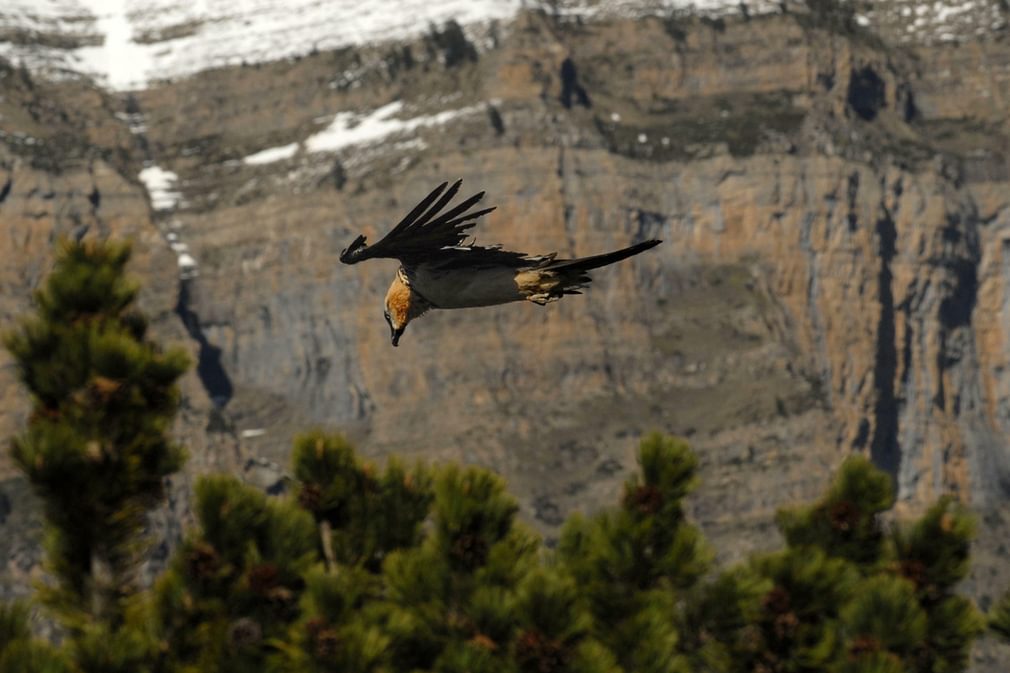
30 years ago, conservationists raised the alarm upon discovering that historical numbers of bearded vultures were being reduced so dramatically that the only viable population left in Europe was the endangered population of the Pyrenees. This was mainly because of trophy hunting, as well as the general use of poison in the second half of the 20th century.
In 1995, the Bearded Vulture Foundation (FCQ) was created in Spain to the promote and develop projects related to conservation, management, research, environmental education, rural development and ecotourism in the mountain habitats where the bearded vultures live.
Why it is special to Pura?
This conservation project has been especially meaningful to Pura Aventura for decades, since it is related to our two most popular mountain destinations in Spain; the Pyrenees and the Picos de Europa. More importantly though, the Bearded Vulture Foundation has developed a comprehensive approach to the conservation of a species whose habitat is intrinsictly connected to the local population and visitors from outside.
Our support to the FCQ quickly led to a serious relationship as I became personally involved and eventually joined the project of reintroducing the bearded vulture in my beloved Picos mountains between 2007 and 2012. During five years we developed various projects to connect wildlife conservation to two other key sectors - traditional farming and tourism - in the belief that all three sectors could benefit from a circular dynamic that would help achieve the sustainability of the entire system.

This is me talking with a shepherd in the Picos de Europa
Giving back to preserve the places we love
One of the achievements I am most proud of was promoting the consumption of local products and traditional ways of production. These factors have a direct impact on maintaining the wildlife and the landscapes.
I have always believed that a well-informed tourist can have a huge impact on the sustainability of the destinations visited, just by choosing where you spend your money. And it is important that the local rural populations benefit directly from the resources brought by the tourists, because they are the ones that maintain the wildlife and landscapes year-round.
Given that bearded vultures survive mainly from the flocks that spend the summers grazing in the high pastures, these ideas crystalised in the promotion of a local cooperative of shepherds. This facilitates a direct supply of lambs and goat kids to the local restaurants and also led to a branding and marketing campaign with the image of the bearded vulture and the moto 'Conserve nature from the restaurant table'.

Group enjoying traditional food from Asturias in Sotres
Getting you inside the conservation project
Another part of my work at the Bearded Vulture Foundation was to link tourism to conservation projects in the Picos de Europa. This both increases awareness about preservation and creates a source of funding to sustain the foundation.
To do so we have been working hand-in-hand with the FCQ to allow you to have unique access to the heart of the conservation work. You can meet with the people who dedicate their daily lives to securing the presence of bearded vultures in the skies for the future generations.
This unique access is an essential part of the group tours we organise in partnership with a large American conservation association that visit the Spanish Pyrenees every year. Likewise for new itineraries we developed in the Cantabrian range in collaboration with a UK-based wildlife travel specialist. These provide generous donations and vital income.

Sierra Club volunteer leader Thomas Lee visiting the Pyrenees Bird Center
Why it is personal?
Because there is no better way to feel what a conservation project is than hiking up high in the Pyrenees mountains to visit the hacking station where the FCQ biologists raise the chicks that will be later released in the Picos de Europa, all of our guests are encouraged to visit the FCQ people.
Up in the mountains of Ordesa National Park, half a dozen chicks grow in a basic wooden structure up for a few months, learning from their wild relatives flying around as they watch them. By visiting the FCQ with us, you could meet their members to find out what it means for them to be there on their own with the birds for 48 hours - in silence and sometimes surrounded by a thick layer of snow...
No doubt you will get hooked when you'll be invited to witness the happy noises of the chicks when the puppet Bearded vulture head that they consider mom plays with their feathers.

Afterwards, if you visit the Picos de Europa the following years, you might be lucky and watch those same chicks flying over the roughed Cares gorge. This will be when conservation and sustainable tourism will change from empty words to a very tangible reality that will be part of your best memories.
I could continue and talk for ages about this amazing conservation project, but frankly the best advice I can give is to come and see for yourself. The bearded vulture is stunningly beautiful and its sight flying in the mountains is a highlight of any trip to the Spanish Pyrenees and the Picos de Europa. If you’d like to learn more about the FCQ's conservation projects or want to become a member, please visit quebrantahuesos.org.
Our commitment to Sustainable tourism
Making tourism sustainable is by far the biggest challenge that the industry faces in the coming decades. At Pura Aventura we are constantly trying to give true meaning to these words.
Sustainability has many angles and translates into many different specific actions; working with local communities in Peru’s Sacred Valley, promoting off season travel in Southern Spain, regulating the access to fragile environments as we do in Ecuador or implementing fair business relationships with our local partners.

Bird watching in Ordesa National Park
Everything we have ever done is fuelled by a respect for the partners with whom we work. Done right, tourism is a great engine of income generation for people who are living in remote areas and can help found local conservation projects.
Over the years, Pura Aventura and its guests have been supporting various conservation efforts such as the Galapagos Conservation Trust, The Tompkins Foundation in Chilean Patagonia, the Sea Turtle Conservancy in Costa Rica, as well as the Onçafari project in Brazil’s Pantanal between many others.
In addition, we have also helped define meaningful receptors of support schemes for some of our corporate partners, such as for the preservation of Portugal’s Montado Forest and sustainable food production and wildlife conservation through Herdade do Freixo.
Our Spain holidays Get in touch Subscribe to The Pothole
The Pothole is Pura Aventura's popular monthly email. We share what we love, what interests us and what we find challenging. And we don't Photoshop out the bits everyone else does. We like to think our considered opinions provide food for thought, and will sometimes put a smile on your face. They've even been known to make people cry. You can click here to subscribe and, naturally, unsubscribe at any time.
The Pothole is Pura Aventura's popular monthly email. We share what we love, what interests us and what we find challenging. And we don't Photoshop out the bits everyone else does. We like to think our considered opinions provide food for thought, and will sometimes put a smile on your face. They've even been known to make people cry. You can click here to subscribe and, naturally, unsubscribe at any time.
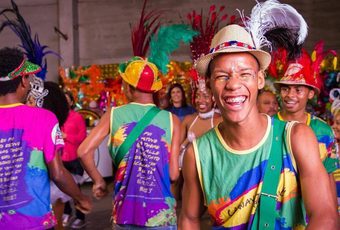
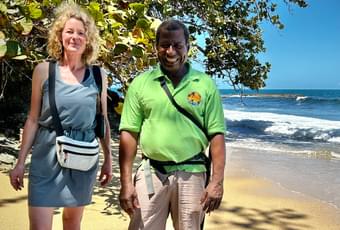
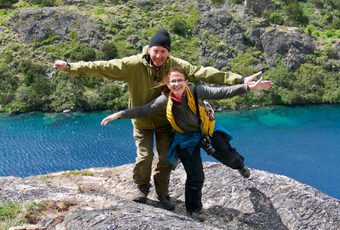


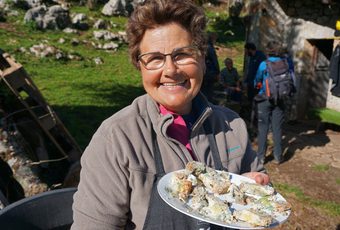
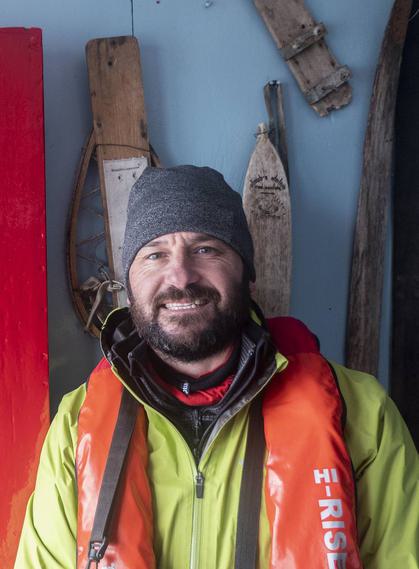
 By
By 



